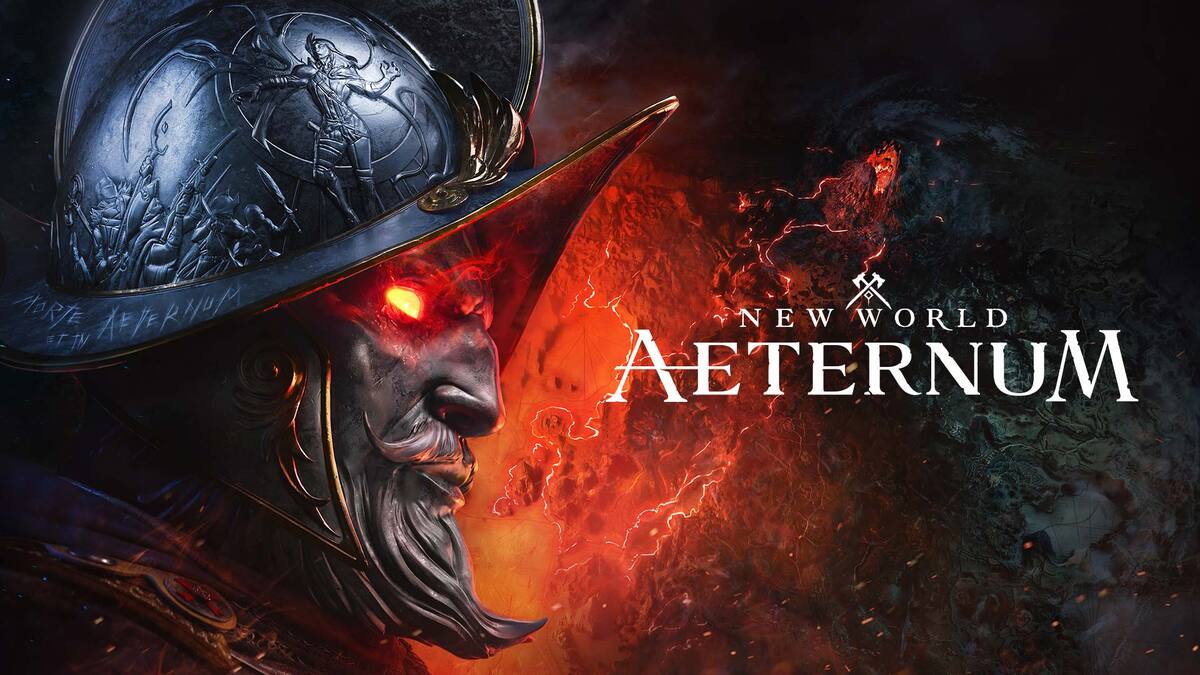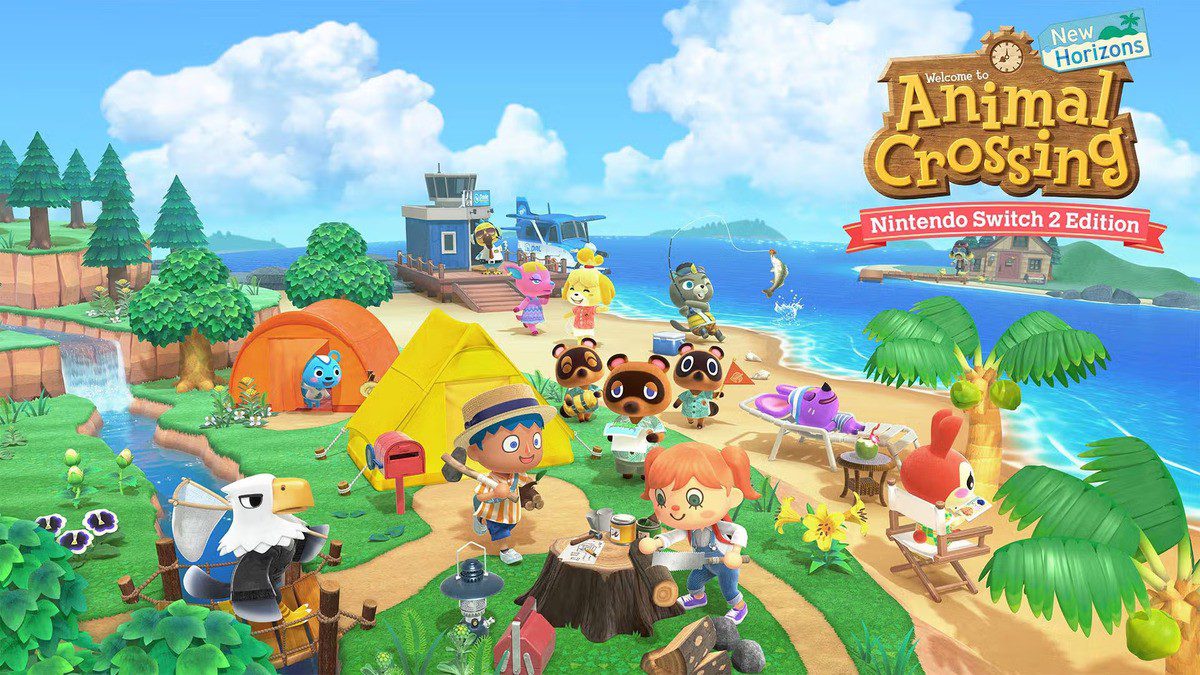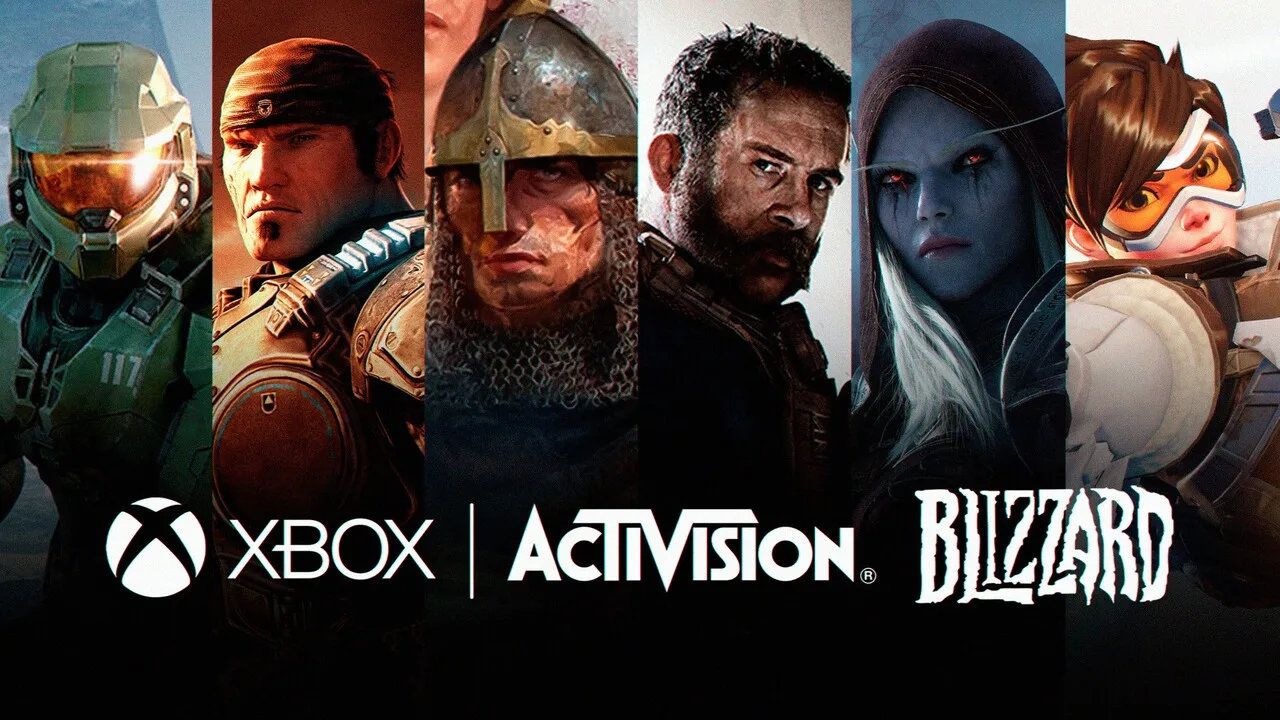Fellowship Entertainment — the freshly rebranded Embracer Group — reported an adjusted operating profit of 75 million SEK (~$7.9 million) for the quarter ending June 30, 2025, well below analyst expectations of 141 million SEK. Management attributed the shortfall to “catalogue softness” — a polite way of saying that recent releases underperformed, in part because competing titles siphoned away player attention.
The flagship launch of Kingdom Come: Deliverance II in February, while a critical and commercial talking point, didn’t sustain momentum into Q1. Broader market headwinds — from rising PC/console prices to delayed releases and weaker consumer sentiment — compounded the slowdown.
The Big Gaming News: 76 Titles on the Horizon
Despite the earnings miss, Fellowship Entertainment is leaning hard into its pipeline. The company confirmed 76 games slated for release in FY 2025/26, spanning new IP, sequels, and remasters. Highlights include:
- Killing Floor 3 — one of two AAA titles due before March 2026.
- Marvel 1943: Rise of Hydra — a high-profile licensed game now delayed for extra polish, expected to be a revenue driver despite shared economics with partners.
- Norse: Oath of Blood, Metal Eden, Wreckreation, and the Gothic remake.
- A new SpongeBob title, underscoring the group’s family-friendly portfolio.
One mystery AAA project, originally planned for this fiscal year, has been pushed into FY 2026/27. Management says it will have “financial dynamics” similar to Kingdom Come II, hinting at a narrative-driven, mid-budget blockbuster.
The name change is more than cosmetic. Fellowship Entertainment now houses the commercial rights to The Lord of the Rings and The Hobbit, alongside Tomb Raider, Metro, Dead Island, Darksiders, Remnant, and Kingdom Come.
Its stable includes 4A Games, Crystal Dynamics, Eidos-Montréal, Gunfire Games, THQ Nordic, Tripwire Interactive, and over 40 other studios. The rebrand arrives after years of aggressive acquisitions, a painful restructuring, and the controversial $1 billion investment from Saudi Arabia’s Public Investment Fund.
Fellowship’s challenge is threading the needle between quantity and quality. Owning hundreds of IPs and dozens of studios gives it breadth, but the industry is increasingly skeptical of “portfolio hoarding” without consistent hits.
The company’s decentralized model — granting studios creative freedom while holding them financially accountable — is a double-edged sword. It can foster innovation, but also risks uneven quality control.
For the gaming community, Fellowship’s trajectory raises questions:
- Preservation vs. churn — Will the sheer volume of releases dilute the cultural impact of its flagship IPs?
- Labor stability — After mass layoffs and cancellations, can the company rebuild trust with developers?
- Franchise stewardship — With The Lord of the Rings and Tomb Raider under its wing, Fellowship holds cultural touchstones. How it treats them will shape its legacy.
Fellowship Entertainment is betting that a flood of releases, anchored by a few tentpole AAA games, will restore investor confidence. But in a market where attention is the scarcest resource, the real test will be whether these games can cut through the noise — and whether the company can balance financial recovery with cultural responsibility.
If FY 2025/26 becomes the year Fellowship proves it can deliver both breadth and depth, the rebrand might be remembered as a turning point. If not, it risks becoming another cautionary tale of overreach in the gaming industry.








